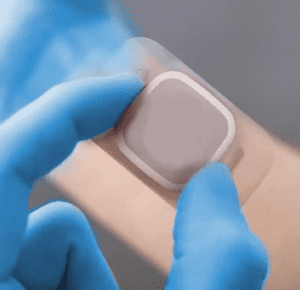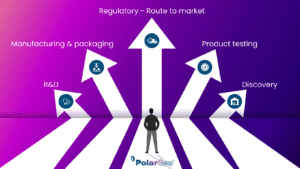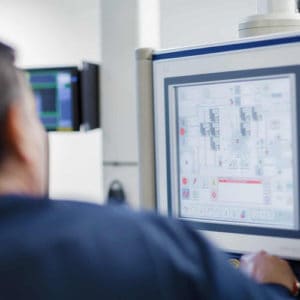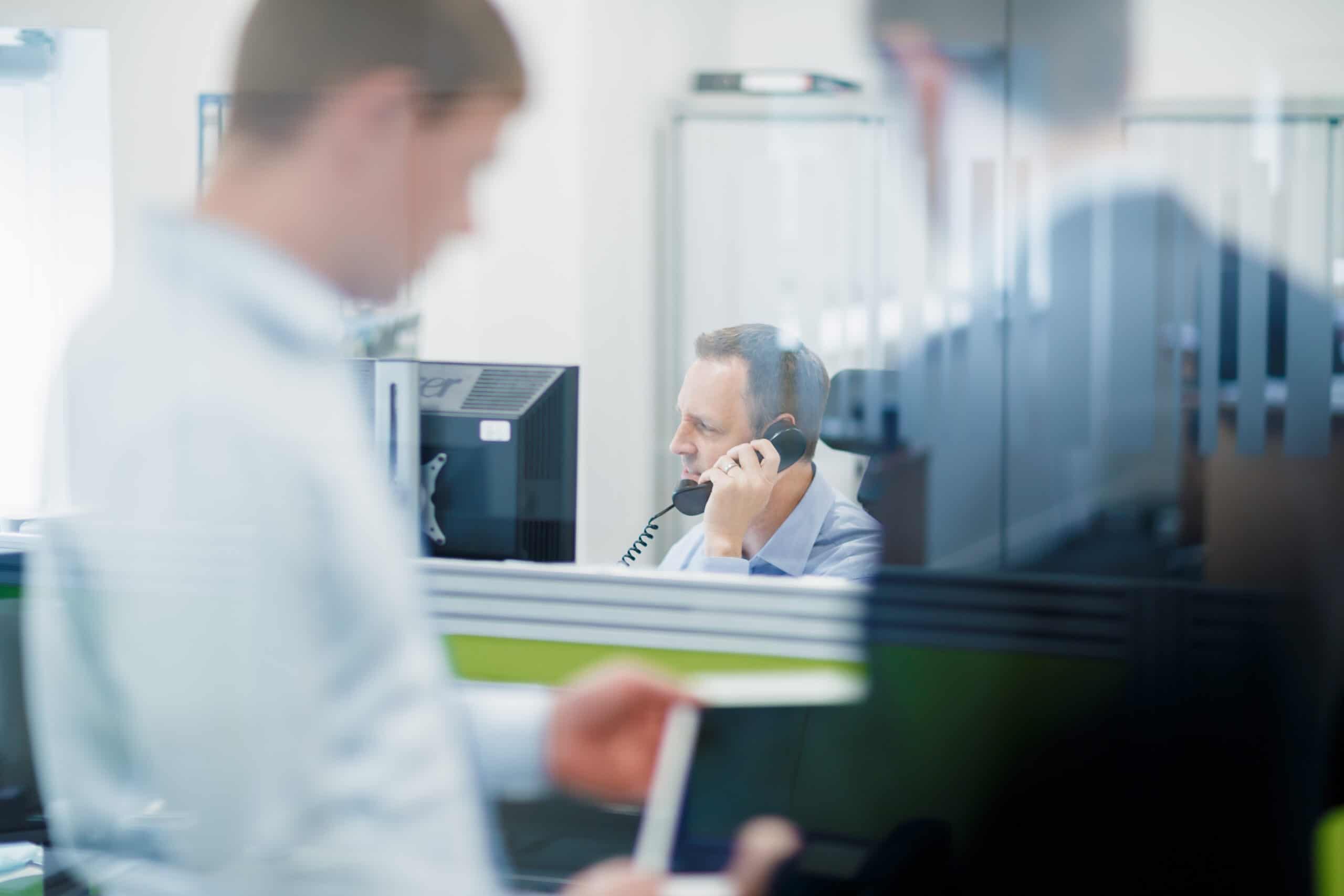For a long time, the antithesis for perceived economic progress in the world has been the idea of going ‘green’. However – taking a principled position to stand out from the crowd is what often defines great leaders.
It is up to innovators and manufacturers, such as PolarSeal, to use the wealth of intellect at our disposal to develop sustainable practices in the medical manufacturing industry – to use our knowledge and ambition to become leaders of thought and action. The United Nations Sustainable Development Goals, for example, set important precedents for us to follow – ensuring healthy lives and well-being, building sustainable and inclusive infrastructure, and altering our production and consumption patterns.
Partnering with like-minded clients in this overarching goal of sustainability is vital – too often we can become distracted with the minutiae of our production: how many units are produced, how efficient our supply chain is, and so on. Partnering with clients and distributors who have experience and examples of longer-term, green thinking is essential to ensure our own accountability and that of others.
PolarSeal, as mentioned, is an example of a medical manufacturer unafraid to make significant changes to the ‘old way’ of doing things and prioritise a green mindset. Some of these practices dovetail with common-sense business – a carbon footprint can easily be reduced when you simplify logistics, streamline your supply chain, and cut out the unnecessary chaff from the travel process your products or components go through.
“Sustainable practices are, frankly, vital to our continued success,” says Matthew Rich, Sales and Marketing Director of PolarSeal. “There is a growing need to prioritise it – and we are doing everything we can to remain at the forefront of the industry.” Indeed, other decisions that PolarSeal have made are more overt and represent an important step away from harmful pollution – for example, PolarSeal has recently switched energy suppliers. Each of our manufacturing facilities is now powered exclusively by renewable and sustainable energy sources.
Similarly, the manufacturing process that this clean energy enables has been altered to cut down on waste output. In manufacturing, it is nearly impossible to have zero waste whatsoever – that is why Polarseal has partnered with non-medical organisations to collect, reuse, and repurpose any waste generated by their facilities. We live in a world of finite resources – and so doing something tangible to reuse waste is important in creating sustainable practices. Indeed, this is the twelfth of the UN’s Sustainable Development Goals – and arguably the most important of them: repurposing every resource we have.
Additionally, if there is anything that the COVID-19 pandemic has demonstrated, it is the need to prioritise digital communications to accommodate remote working. Paper records, memos, and communications are more obsolete than ever. PolarSeal is currently upgrading internal processes in an effort to go fully digital, preventing any unnecessary paper waste. The shift to going paperless has significant advantages: digitisation prioritises accessibility on shared networks, it lends itself to ISO 14644:2015 accreditation traceability, and reduces costs. However, it also cuts down significantly on waste – nearly 68% of all paper produced is wasted, being carelessly tossed into a bin and soon to be on its way to a landfill.
These decisions come from two places – the first being the genuine desire to make a tangible difference in the world. As one of the country’s leading medical manufacturers, we know that we set an important precedent. As important as manufacturing life-saving products and equipment is, so too is prioritising long-term healthcare like averting harmful pollution.
If the ethical responsibility of cleaner, ‘greener’ practice is not appealing in itself, then consider how utilising sustainable resources is simply good business practice. Not only are we harnessing power sources of unlimited supply (wind and sun compared to oil and gas reserves), but popular public opinion has shifted away from finite and harmful fuel sources. Our clients are our lifeblood, and if they would (understandably) rather work with a company that makes ethical choices, it is our duty to make these changes.
For too long ‘green’ has been seen, ironically, as a ‘dirty’ word. We must make sure our economic goals are furthered by our long-term goal of clean, sustainable energy and processes. Similarly, we still have to make the best decisions for our clients and consumers. Prioritising a green, sustainable approach to manufacturing is hitting both of those targets. We consider it our duty to expand our network of partners to bring other businesses into this fold – looking together towards a brighter, cleaner future.








